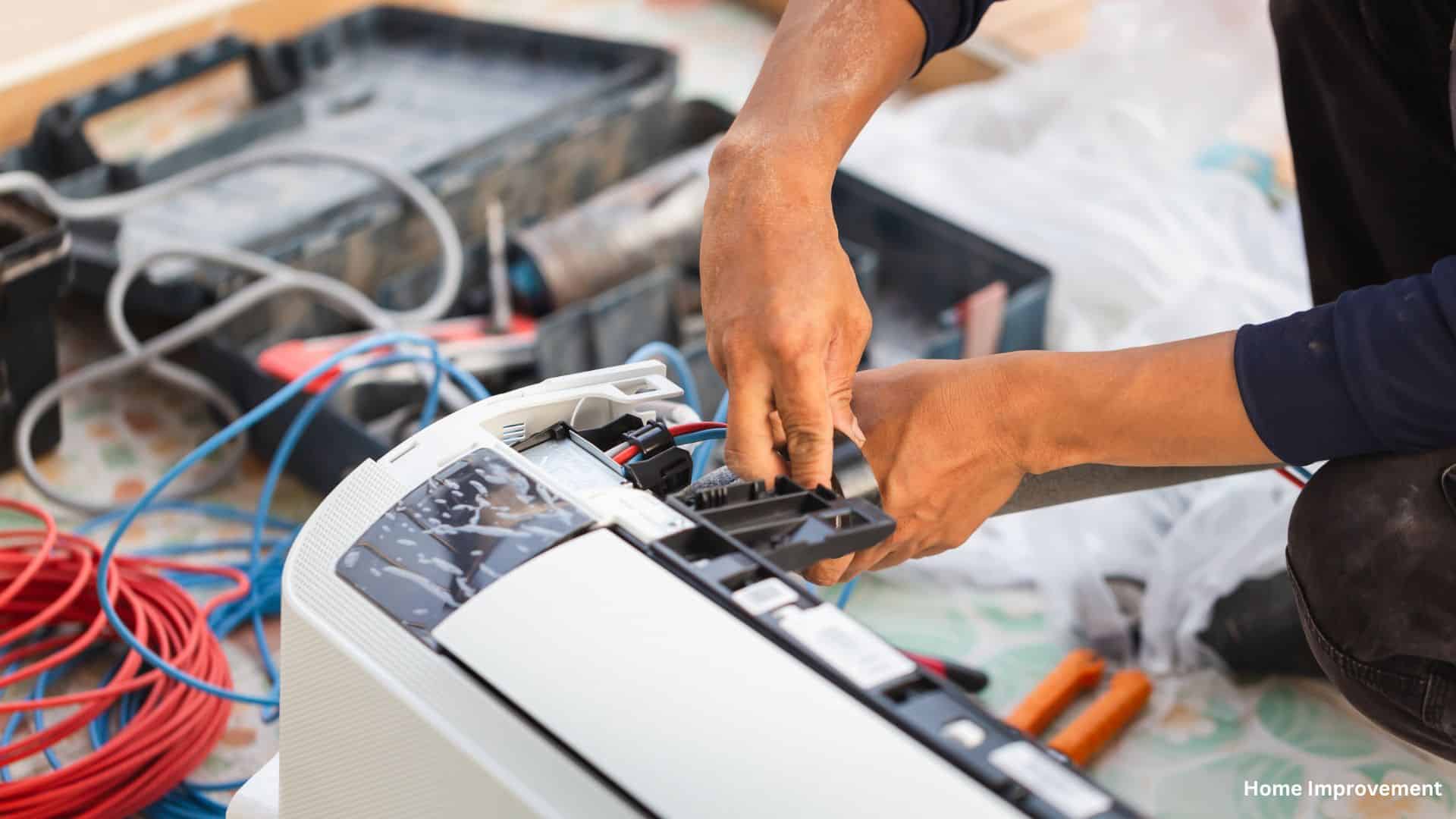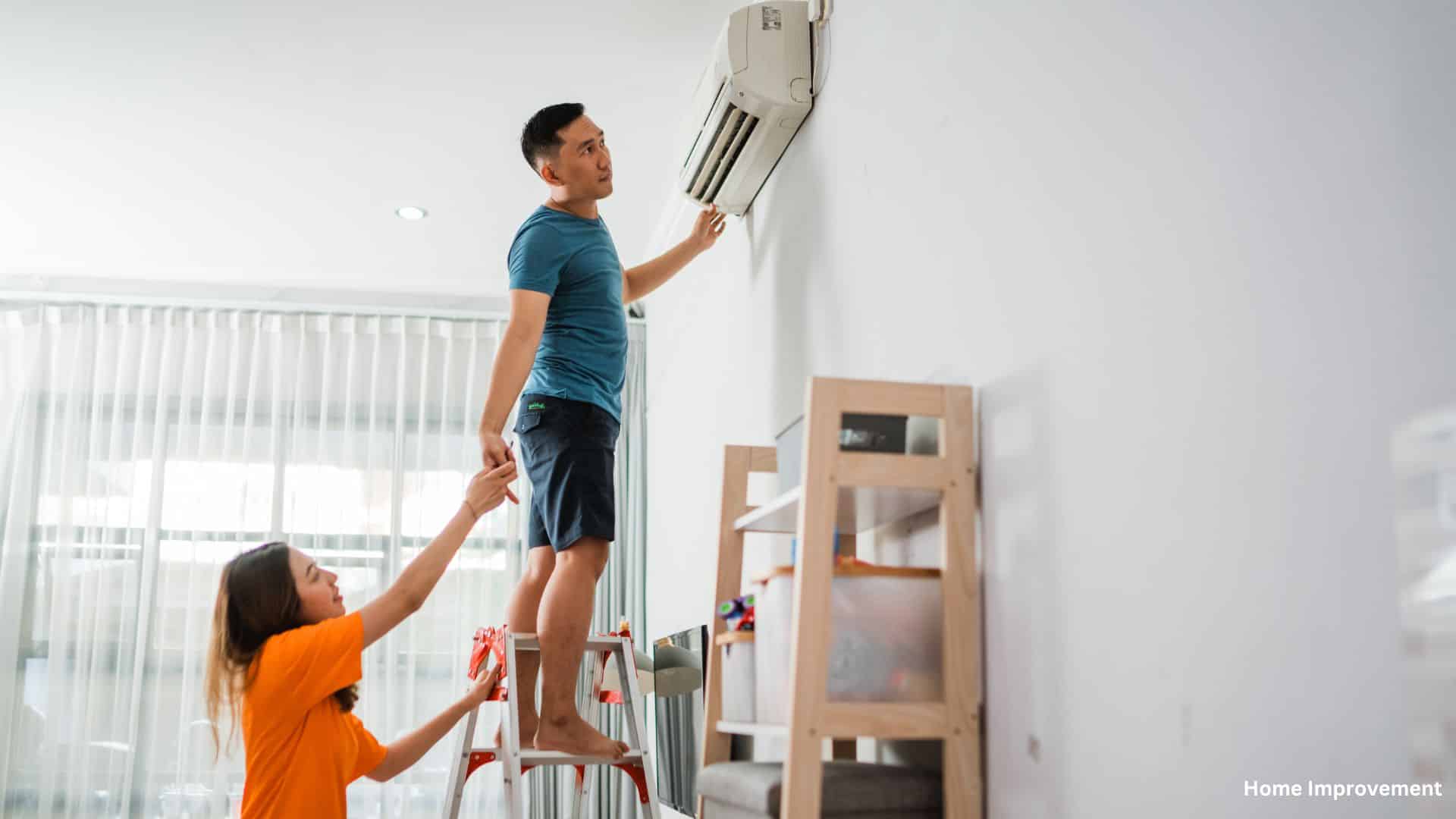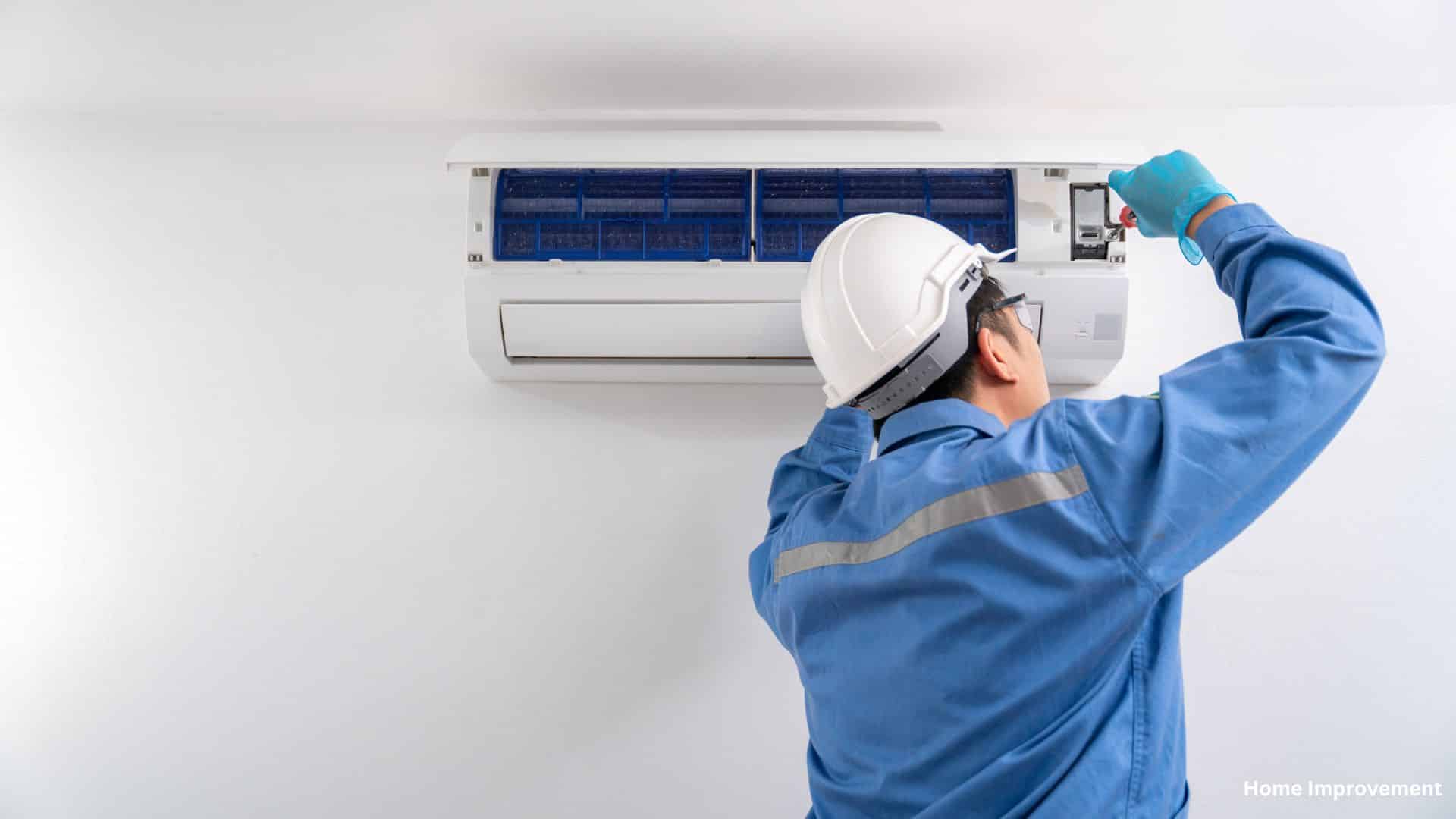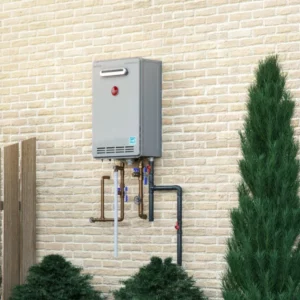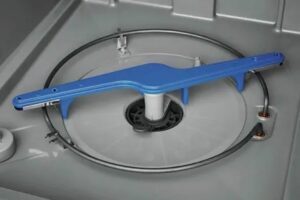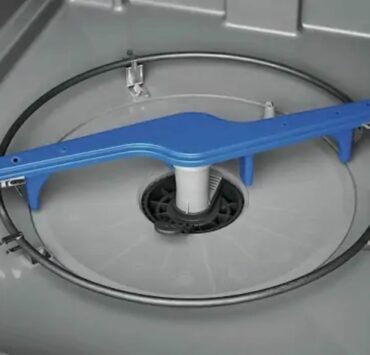With the summer heat in full force, it’s no surprise that your air conditioners are running nonstop! As a home improvement enthusiast, I can tell you it’s crucial to recognize when it’s time for a new air conditioner. Ignoring the signs can lead to higher energy bills, uncomfortable living conditions, and more costly repairs. Here are some key indicators that your air conditioner may be due for a replacement.
8 Signs You Need a New Air Conditioner
1. Age of the Unit
The average lifespan of an air conditioning unit is between 12 to 15 years. If your system is over 15 years old, it’s likely time for a new air conditioner. Older units become less efficient and more prone to breakdowns, leading to increased repair costs and decreased performance.
2. Rising Repair Costs
When the cost of repairs starts to exceed 50% of the price of a new unit, it’s time for a new air conditioner. Frequent breakdowns and costly repairs are a clear sign that your current system is nearing the end of its useful life. Investing in a new unit can save you money in the long run and provide more reliable cooling.
3. Increased Energy Consumption
If you’ve noticed a significant rise in your energy bills, your air conditioner might be the culprit. Older units lose efficiency over time, causing them to work harder and consume more energy. Upgrading to a new, energy-efficient model can reduce your energy consumption and lower your monthly bills.
4. Unusual Noises
Air conditioners are designed to operate with minimal noise. If your system is making loud or unusual sounds, such as banging, clanking, or screeching, it’s a sign that something is wrong. These noises often indicate serious issues that may require replacing the unit. It’s time for a new air conditioner if the noise persists despite repairs.
5. Unpleasant Odors
Foul smells coming from your air conditioner can indicate mold or mildew growth within the unit or ductwork. This not only affects the air quality in your home but can also lead to health problems. If cleaning or minor repairs don’t eliminate the odor, it might be time for a new air conditioner.
6. Weak Airflow
Poor airflow is a common sign of a failing air conditioner. If your system is struggling to circulate air throughout your home, it could be due to a failing compressor or issues with the ductwork. When the airflow is consistently weak, it’s often more cost-effective to replace the unit.
7. Leaks and Moisture
Moisture around your air conditioning unit can be a sign of a refrigerant leak or a problem with the drainage system. Both issues can lead to more significant damage if not addressed promptly. If you notice frequent leaks, it’s time for a new air conditioner.
8. Blowing Warm Air
Perhaps this is the most obvious… But, if your air conditioner is blowing warm air or not cooling your home effectively, it’s a major sign that something is wrong. This could be due to a failing compressor or low refrigerant levels. When repairs don’t solve the problem, consider it time for a new air conditioner.
What to Look For When it is Time for a New Air Conditioner
When it’s time for a new air conditioner, consider these factors to ensure you choose the best unit for your home:
- Energy Star Rating: Look for units with a high Energy Star rating to ensure energy efficiency and lower operating costs.
- Low Noise Levels: Choose a model with low noise levels for a more comfortable living environment.
- Smart Functions: Modern air conditioners often come with smart features, such as Wi-Fi connectivity and programmable thermostats, for added convenience and control.
- Double Inverter Technology: This technology offers better energy efficiency, quieter operation, and more consistent cooling.
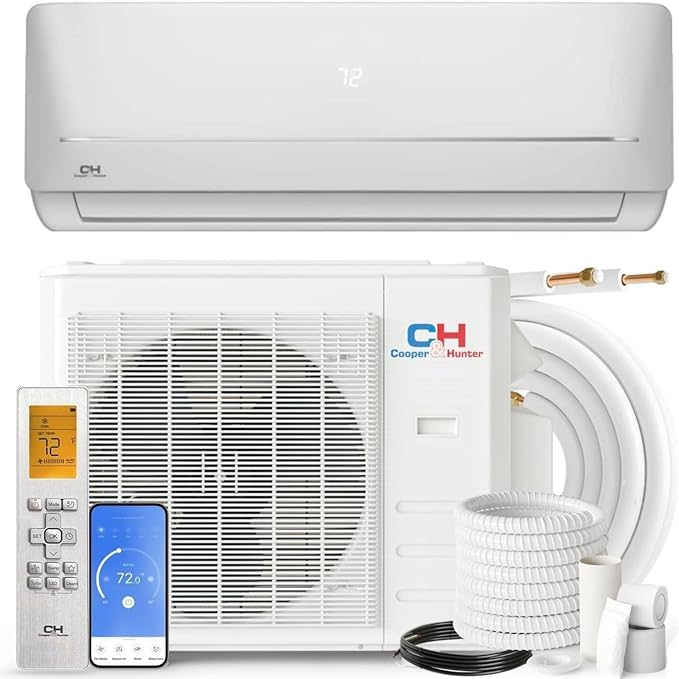
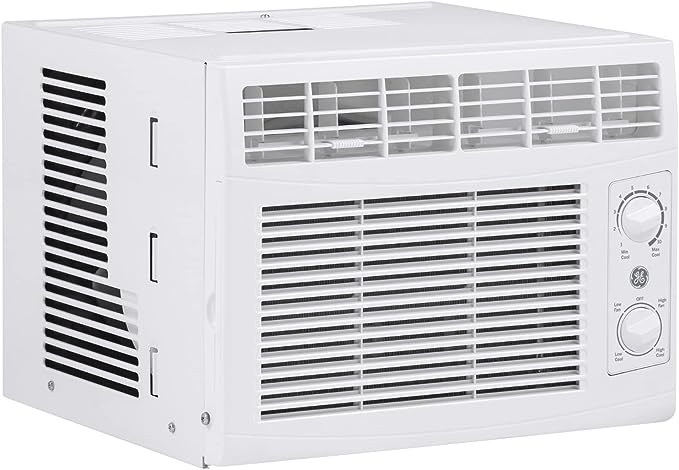
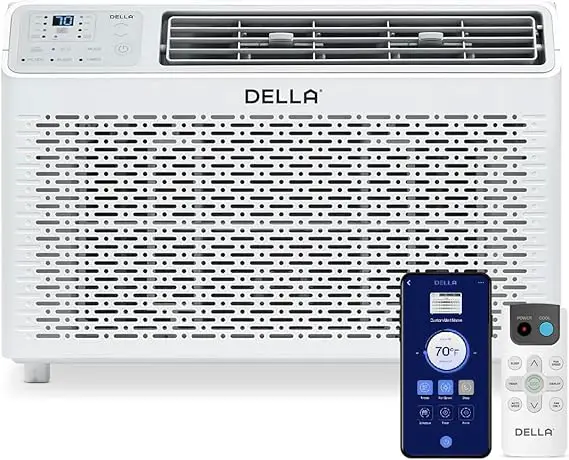
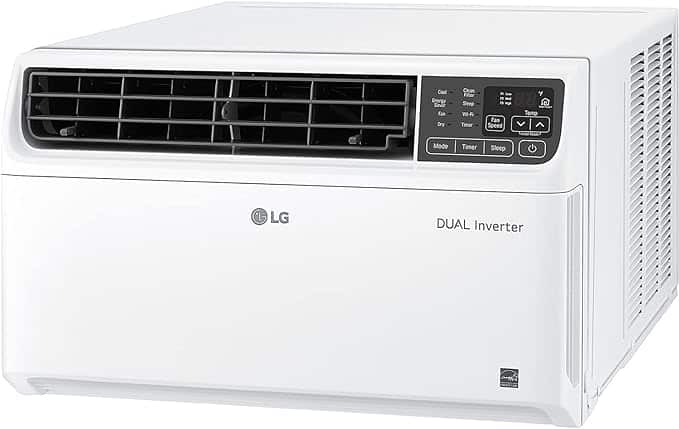
Recognizing the signs that it’s time for a new air conditioner can save you money, improve your home’s comfort, and ensure efficient cooling. By paying attention to the age of your unit, repair costs, energy consumption, noise levels, odors, airflow, leaks, and cooling effectiveness, you can determine when it’s time for a replacement. When choosing a new air conditioner, consider energy efficiency, noise levels, smart features, and advanced technologies like double inverter systems to make the best investment for your home.
Disclaimer
This blog contains affiliate links, and we may earn a small commission if you purchase through these links.

